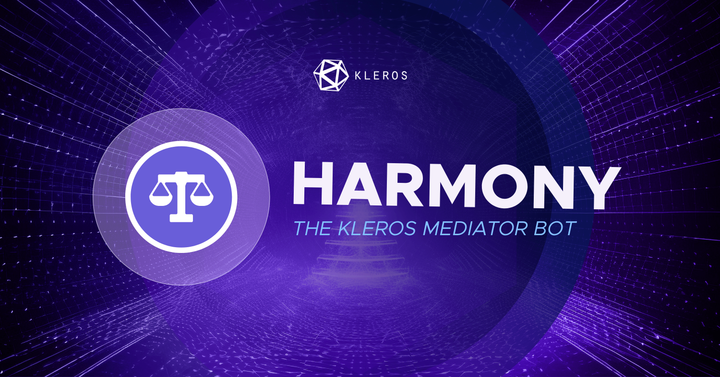Decentralized Curated Lists - How Kleros Can Help
A clear explanation of what curated lists are and their role as a building block in cryptoeconomic systems.

E-Commerce - Social Media - Token Curated Lists The possibilities are endless. With Kleros you can decentralize this process. Read how below.
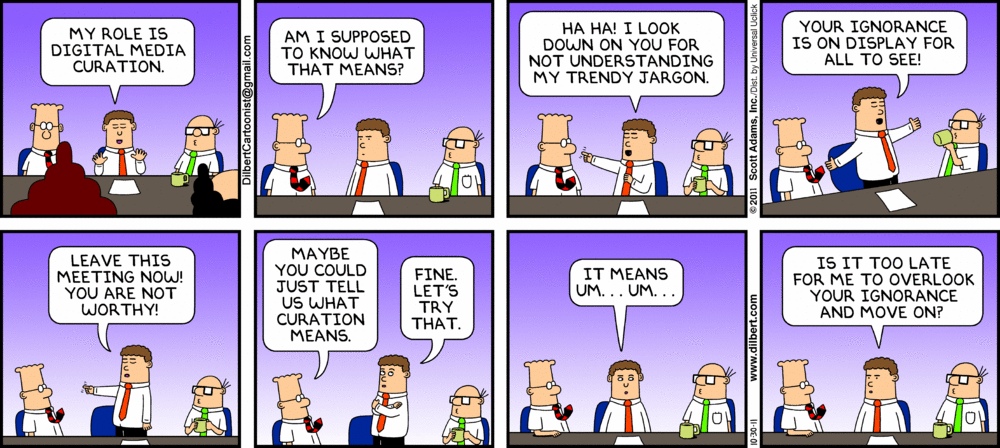
This article is based on a lecture given by Clément Lesaege, the CTO of Kleros at the ChainIn Blockchain and Cryptocurrency 2018 Conference.
Curated Lists as a Solution to Decentralizing Information
Today we bring you an all-encompassing explanation of curated lists and their role as a building block (hence, primitive) in cryptoeconomic systems. Curated lists are a tool which incentivizes users to curate reliable information. This is not a new concept, online marketplaces, forums, hotel listings, email (let’s not forget that proof-of-work was invented to fight spam), all these systems use curation to separate relevant from irrelevant information. What, then, do these lists look like?
There are different types of lists.
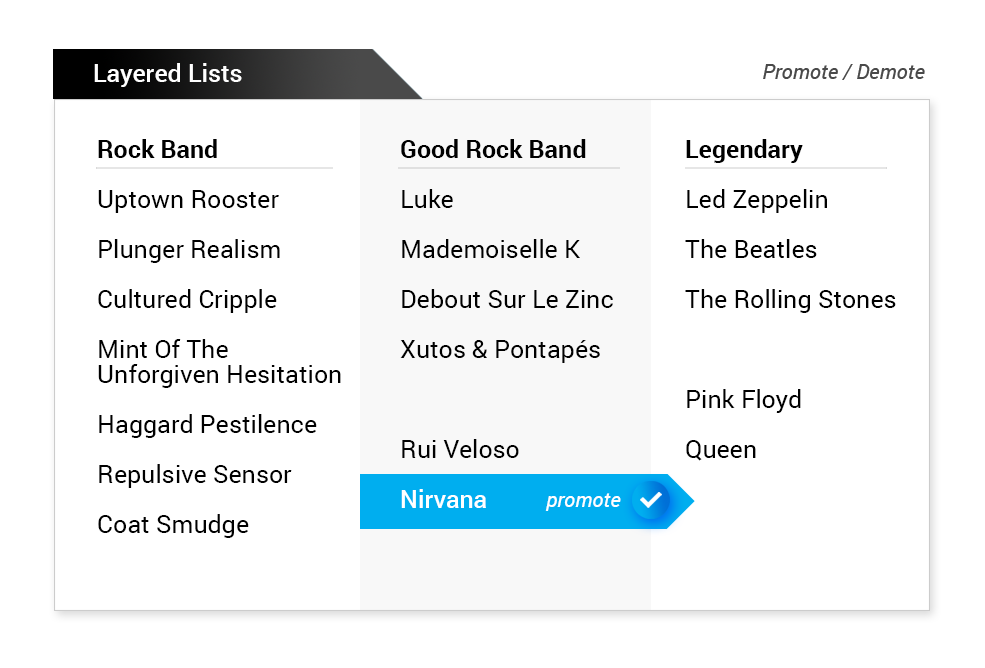
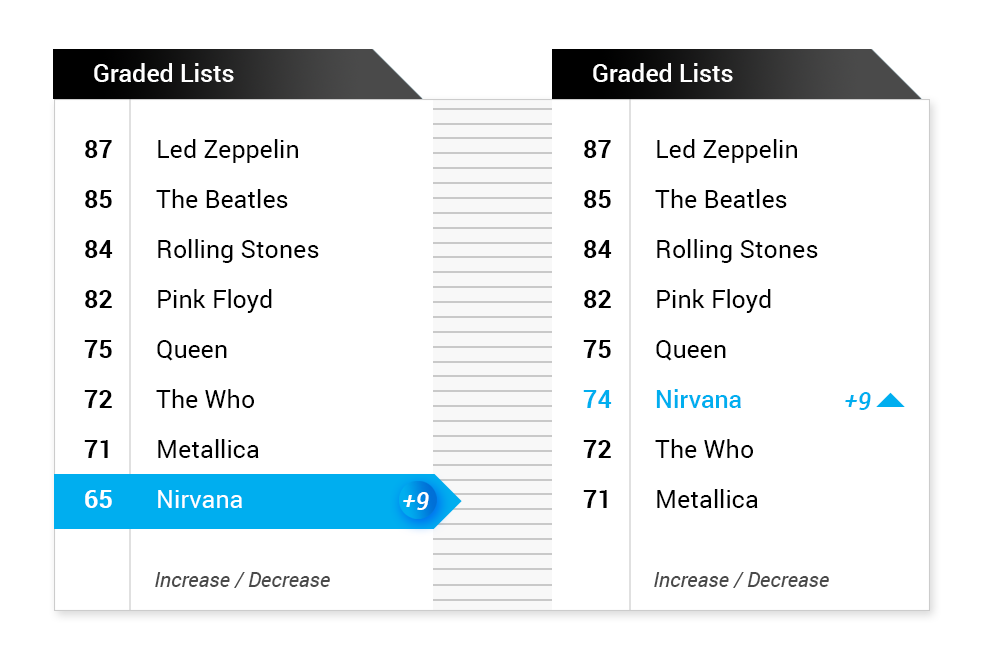
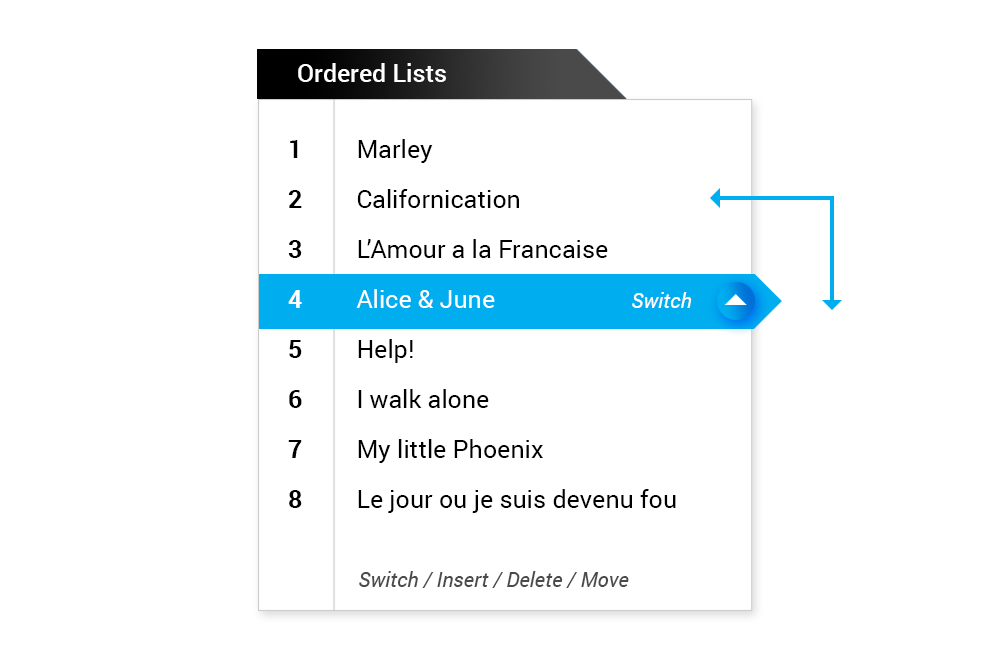
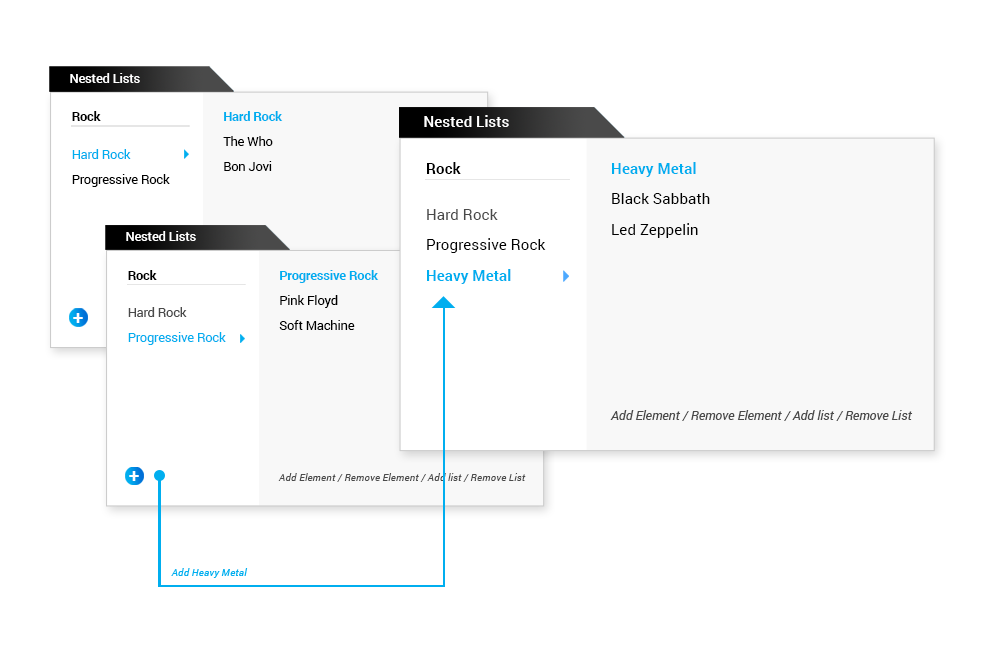
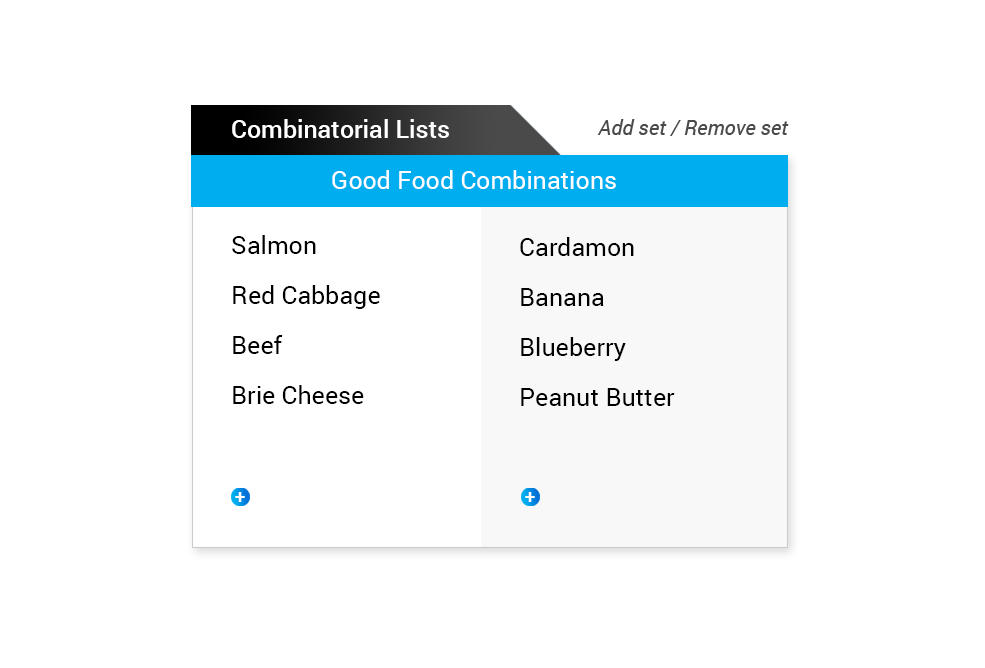
Curated List Mechanism Design
In a traditional case of an internet company, information is organized based on centralized rules and moderators. Companies such as Google and eBay have specific rules determining the websites and products that are to be accepted and presented in their listings and their position when presented to consumers.

This process leverages user input, such as reviews and reports about violations of terms and conditions. However, companies filter this information and have the final say. The owner/administrator gets to decide which items will be promoted or demoted (in a layered list), in which order they will be shown to users (in ordered lists) and which will be allowed to be included in the list at all.
This gives the centralized owner considerable power. It is the owner who will ultimately decide which websites will be allowed into the search engine, which restaurants will be accepted into the list and which tokens will be traded in the exchange.
Whoever controls the list has the power.
Many companies in the blockchain ecosystem are building decentralized versions of Google, eBay or Yelp!. For these to be fully decentralized, they also need a decentralized way to assert which websites, products or restaurants to accept into their listing.
Cryptoeconomic mechanisms can answer this question in the form of token curated lists. All of these rely on economic incentives to have users organize the list in an honest way and on cryptographic techniques for the process to be fully secure.
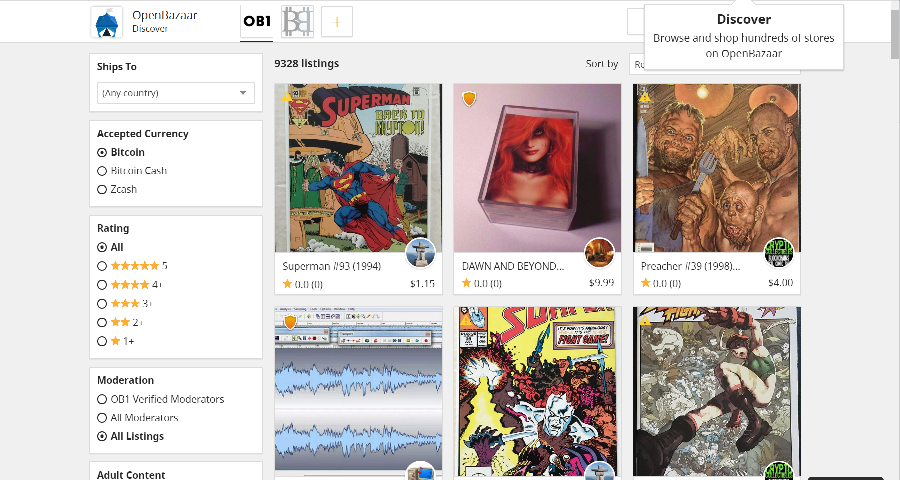
There are a number of design proposals for decentralized list curation. For example:
- User deposits: in order to nominate an item for a curated list, users need to apply and stake a small deposit. If the item is irrelevant, the user loses the staked deposit.
- Tokens as listing power: the holders of tokens are able to assert whether the item is relevant or not.
- The Schelling Point principle: token holders who vote coherently gain tokens; those that vote incoherently, lose them.
- Skin in the game: the value of the token is related to the quality of the list. If the list has high quality, the token value rises.
Curated List Design Choices
It is important to look at different curated list design choices, depending on the purpose of the list.
- Deposits. In this case, users have to make a deposit which stays locked for as long as an item is in the list. This works as an incentive for token holders to challenge the item if its’ nature changes. Deposit reimbursement, on the other hand, allows for a much better user experience, because if the item is accepted in the list, the poster returns his or her deposit.
- Deposit minimums for submitting an item or viewing the list. Certain lists allow for a fixed minimum amount for items to be submitted, for example 1 ETH. Other lists create minimums for items to be shown to users. This can be used as a filtration system for legitimate posts, depending on the amount that is necessary to be paid for the item to be viewed by users.
- Native tokens or token curated registry (TCR) specific tokens. The choice of native tokens, such as ETH provide a better user experience, due to the accessibility (there is no need to exchange tokens). Specific tokens, on the other hand, bolster the aforementioned ‘skin in the game’ by leveraging the quality of the list and driving the demand of the list specific token if the list is good. To learn more about TCR's, take a look at this article here.
- Voting: Everyone can stake or vote or random draws. Allowing everyone to stake or vote is an easier option to implement and analyze, but it implies a scaling issue – if the list has 1000 disputes per day and 1000 token holders, that climbs to a million votes to be made daily.
- Voting systems: public, hidden and hidden+anti pre-revelation games. Systems of public voting allow copy voting. Hidden voting also allows copy voting, depending on whether other token holders share their votes, without penalty. The most advanced voting system proposal is called hidden voting + anti-prerevelation games. This third system penalizes revealing votes before the voting is completed. This is still an active research topic, because there are still ways of ‘gaming’ the system. Kleros is working on this, and you can see some of our early research here.
- Reward system: here we also have three choices. There is the punishment and reward system, in which users either win or lose tokens depending on their vote. The second system is the reward only system, which just rewards coherent voting, but opens the problem of random voting, which is a clearly abusive practice. The third system is the no consequence system, such as Ethfinex, where voting either way does not reward or penalize the token holder. This is a system which allows buying votes, but, as we've seen is effective in avoiding spam.
- Rewards: These can be symmetric, the same amount of tokens is gained and lost if the voting is coherent or incoherent or asymmetric, favouring rejection for higher rewards. This second option might seem counter-intuitive, but this increases the quality of the list, because the token holders want the best items to be listed to increase the value of the token.
Let's now focus on a specific type of design: dispute resolution based curated lists.
Dispute Resolution Based Curated Lists
Let’s imagine a list of gardening tools. In order to post a tool to the list, the user needs to submit a deposit. If the item is not challenged, the user gets his deposit back after a certain time.
But let's imagine someone submits a flamethrower. Since this isn't a gardening tool, the submission will be challenged by a token holder. Then there will be a dispute between the submitter (who claims it's a gardening tool) and the challenger (who claims it is not).
In order to solve this (and decide whether the item should be accepted or rejected), we will need some arbitration process. This could be done in three different ways.
- Centralized arbitrator. This is a traditional solution for centralized platforms in the form of moderators who decide based on terms and conditions (e.g. Facebook, eBay). This system, even though currently dominant, sometimes fails (e.g., Facebook censoring classical art because of nudity) and tends to concentrate all the power in the platform owner.
- Multisig. Parties agree on a third party to solve the dispute. The mechanism can take the form of a multisig transaction, where the third party will have the third signature that will execute the ruling and redeem the money to the winner. It's also called a "2-out-of-3 escrow service".
- Arbitration DAO. In this case, a decentralized autonomous organization will arbitrate the dispute. This could be 1) A general purpose DAO which can be used for different types of disputes (not just those relevant to curated lists) such as Kleros, 2) a list specific DAO such as Achain, which lists non-malicious domain names.

Kleros has developed its’ first experiment of such sort through our ‘Doges on Trial’ to verify that curated lists actually work. We have built a curated list of Doges as a candid example of an effective curated list and tested incentives to see whether we get a cat on the list. The experiment is still running, so feel free to try it out and maybe even try getting a cat on board!
Join Kleros!
Join the community chat on Telegram.
Visit our website.
Follow us on Twitter.
Join our Slack for developer conversations.
Contribute on Github.

[1]Dr. Stefan Beyer, What Blockchain Needs Right Now, blocktelegraph.io


